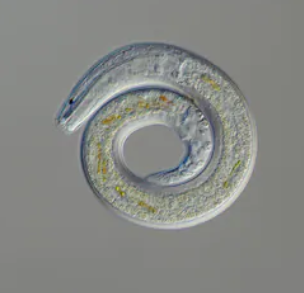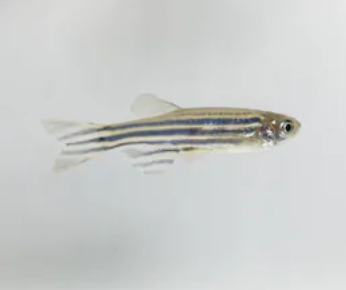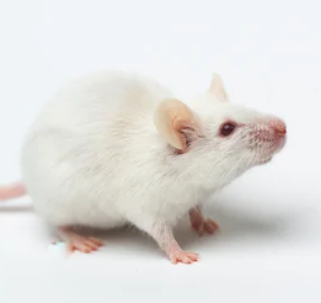Autophagy is a degradation pathway widely present in eukaryotic cells, and it plays an important role in the development of the body, under physiological and pathological conditions. In recent years, methods for detecting autophagy continue to emerge. Creative Bioarray provides in vivo autophagy detection to help you complete autophagy target search and drug development.
At present, the cell model has the advantages of rapid, stable, quantitative and economical, and is the most important tool for autophagy detection. Because the experimental conditions are easy to control, the screening results are easy to observe, detect and record.
However, in vitro cell models are still different from humans or mice in biological characteristics. It is difficult to reflect the dynamic correlation changes of autophagy and related diseases in the body simply using cell models. Therefore, the use of model organisms such as nematodes, fruit flies, zebrafish and mice to detect autophagy activity has received extensive attention.
It is important to further verify the autophagy active substances obtained by cell model screening at the animal level.
Dynamic detection can prove the existence of autophagy and reflect the entire dynamic process by detecting the degradation rate of autophagic proteins or the accumulation of autophagosomes. Our services include but are not limited to:
Autophagy Detection In Vivo

LGG-1 in nematodes is a homologous protein of LC3 in mammals. The LGG-1 protein is labeled with GFP, and the visualized study of autophagy in nematodes can be achieved under a high-resolution fluorescence microscope.

Drosophila is a classic model organism in genetics. Drosophila strains expressing GFP-mCherry-atg8a can be used to observe the activation of autophagy and changes in autophagic flux in Drosophila. We can help perform studies on the drosophila model for autophagy in neurodegenerative diseases and innate immune response.

The zebrafish is a good vertebrate model. Taking GFP-LC3 zebrafish as a model, it can simulate a variety of neurodegenerative diseases, such as Alzheimer's disease, Huntington's disease and amyotrophic lateral sclerosis. In addition, the role of autophagy in liver-related diseases can also be studied by expressing GFP-LC3 specifically in zebrafish liver. Pathogens can be injected into the caudal fin of zebrafish, and the co-localization of the pathogen and GFP-LC3 can be studied in combination with photoelectric microscope imaging technology. This model can help you explore the relationship between autophagy and infectious diseases in vivo.

Mice have become the most important mammalian model for the study of human diseases due to their high similarity to the human genome, multiple strains and easy breeding and reproduction. Various autophagy-related mouse models such as GFP-Lc3 and GFP-mCherry-Lc3 transgenic mouse models have become useful tools for studying autophagy in vivo.
In vivo detection method can realize the determination of autophagy flux in vivo, and has certain practical value and application prospects. But at present, there are not many studies involving autophagy in vivo detection. It is difficult to ensure the accuracy of in vivo test results using only one detection method. It should be combined with traditional methods such as electron microscopy to make the results more reliable.
If you are interested in our services, please contact us for more detailed information.
Online Inquiry